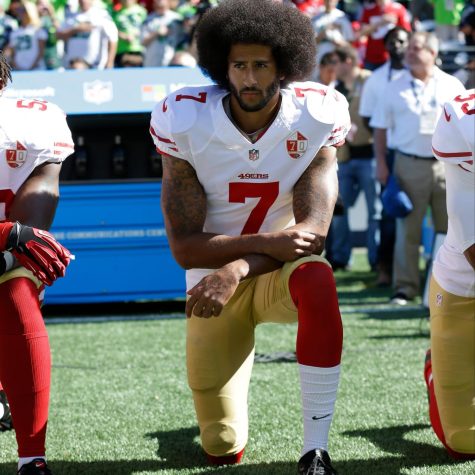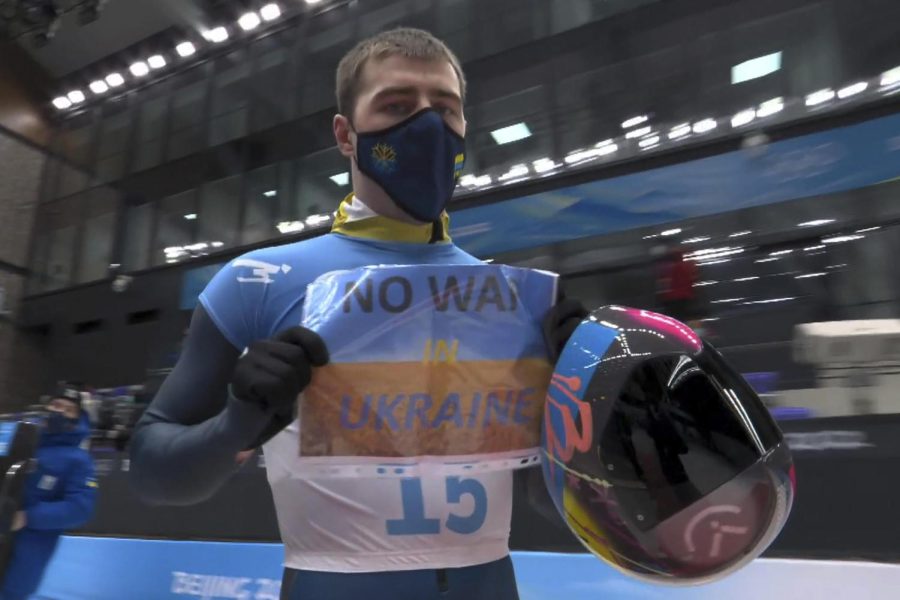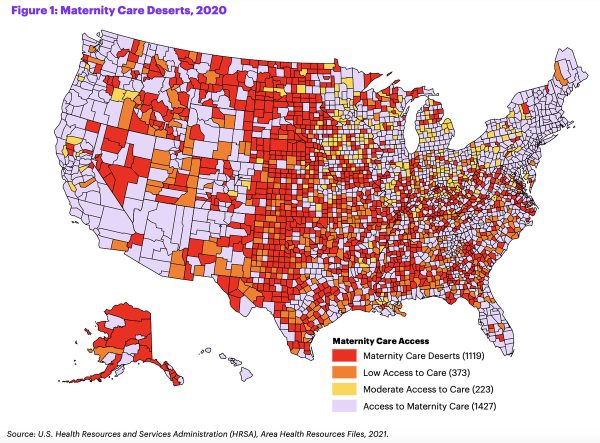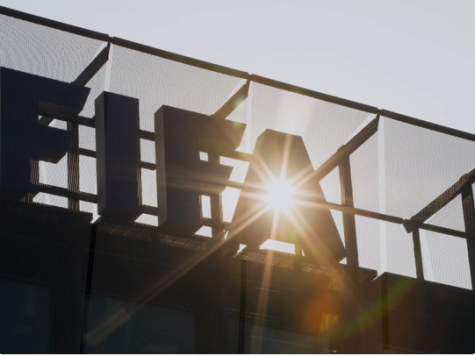Opinion: Politics and Sports will be Connected, No Matter How Hard We Try
The Russian invasion of Ukraine has seen politics enter one of the few arenas which normally transcends political boundaries: sports.
In the span of a month, Russia was stripped of the final of the UEFA Champions League and its prestigious spot on the Formula 1 calendar. Russian and Belorussian athletes were banned from almost every single international sporting federation, unless explicitly competing as neutral. Russian President Vladmir Putin hosted a rally supporting the invasion from the very stadium where France lifted the World Cup almost four years ago. Chelsea, one of the most popular soccer teams in the world, was heavily sanctioned and was put up for sale by its Russian oligarch owner, Roman Abramovich. The remaining credibility of Russian organizing committees, after the countless doping scandals which tarnished their sporting reputation over the last decade was erased.
Politics and its sporting connection isn’t just related to the events of the Russian invasion of Ukraine. Since the beginning of 2022, the Beijing Winter Olympics have been marred by the controversy of the Chinese treatment of the Uyghur minority. Senate Judiciary Committee chair Dick Durbin said it was time to review the MLB’s antitrust exemption due to the almost 100 day long lockout: the same day, the lockout ended. Governor Kathy Hochul announced a $600 million investment in taxpayer money to keep the Buffalo Bills in New York state. And in November, the FIFA World Cup, one of the most lucrative and followed sporting events in the world will not take place in one of the sports’ iconic nations such as Brazil or a place where the game can grow such as the United States and Canada: it will be held in the Middle Eastern oil haven of Qatar – a decision which lead to the eventual exposure of the deep corruption in FIFA and the downfall of its long term president Sepp Blatter.
Money is not the only political event which has entered sporting arenas. With their massive following, athletes have used their position to protest and make their voices heard. Tommie Smith and John Carlos famously raised their fists into the air during the 1968 Olympic medal ceremony for the 200 meters in a symbol of black resistance and power.

Colin Kapernick kneeled during the national anthem in 2016 to protest police brutality, bringing the Black Lives Matter movement into sports. Today, we see hundreds of athletes from racing to soccer to hockey standing up to Russia against the war in Ukraine.
As a society, we all know that no matter how much we want to divide them, politics and sports will be connected for the long run. In 2020, before the eventually canceled Australian Grand Prix, Lewis Hamilton said that in Formula 1, “cash is king.” That proclamation isn’t just meant for Formula 1; it applies to every single sport in the world. Sport teams and leagues are a business after all. According to Forbes, the 10 most valuable sports teams in the world all have values above $4 billion: and out of those, seven are American (3 NFL, 3 NBA, 1 MLB). While some decisions are made based on fans, most decisions are business related: who will draw more people in the gates, who can we sell more jerseys off of, how can we earn more money.
That’s one of the driving reasons that on April 18th, 2021, 12 of the most lucrative soccer teams broke apart and attempted to form the European Super League. The pushback was tremendous. Fans and players united to push it back. British Prime Minister Boris Johnson asked how could, “it be right to have a situation in which you create a kind of cartel that stops clubs competing against each other, playing against each other properly, with all the hope and excitement that gives to the fans up and down the country?” Within less than 72 hours, the project was ruled dead and almost every team dropped out.
Sports offer all of us the chance to escape into another world for a few hours. Only in a stadium can people of all different races, religions, genders, economic backgrounds, and yes, political affiliations, can gather with a similar intent: to cheer a team to victory. No matter how much politics divide us and create a cornerstone in athletics, sports are a huge uniting factor. It’s why we celebrate and follow these athletes. It’s why the Olympics and World Cup have become so huge, especially in the digital age. It’s why no matter how much we try to divide them, politics and sports will stay connected, for better or for worse.





